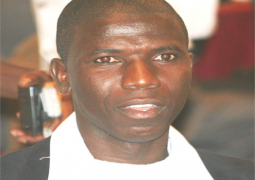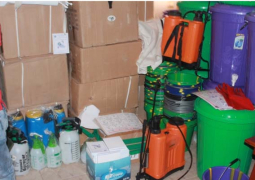All over the world, Customs and Excise Services are best known for their work in fighting drug trafficking and other illegal trade.
Customs officers, for instance, work at seaports, airports, and postal customs locations examining and clearing passengers, baggage, freight or mail to ensure that there are no smuggled or excess goods. They process customs documentation and, when necessary, attend court as official witnesses.
Excise officers visit business premises such as oil refineries, and importers to ensue that excise regulations are upheld and the correct amount of duty is paid; they also take legal action where necessary.
They are expected to, among other things, prepare reports, answer correspondence and enquiries, and collecting information from suspects and witnesses.
As such, they may be required to attend court as official witness; thus the need for them to be knowledgeable in their subject matter.
The Gambia Revenue Authority (GRA) is hosting the 5th World Customs Organisation, West and Central Africa customs experts meeting in
The
It is an important meeting, and we agree with the local customs boss that customs administration in the region is, indeed, challenging.
Therefore, in order for our customs service to be more robust, customs officers need more capacity building, a cordial working relationship and the full cooperation of all stakeholders.
In The Gambia, the GRA collects the bulk of the government’s revenue from domestic sources.
In our view, it is imperative that public funds are used by the fiscal authorities in a manner that serves the best interest of all the citizens.
Meanwhile, we challenge the sub-regional experts meeting in
“There are too many people on both side of the border who are taking advantage of circumstances and the situations”.
Arlo Guthrie



